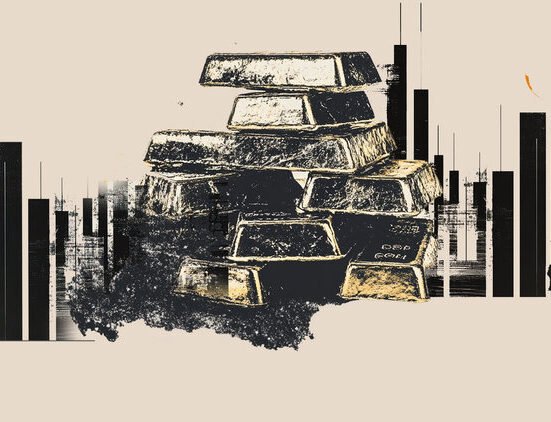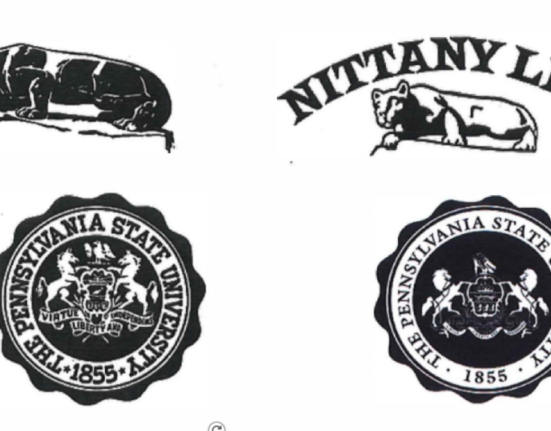A journey through cinematic eras
The 2025 program kicks off with two monumental silent-era films celebrating their centenary: Charlie Chaplin’s The Gold Rush (1925) and Lon Chaney’s The Phantom of the Opera (1925). Witness Chaplin’s iconic ‘Little Tramp’ face hardship with humor and hope, a story that feels surprisingly contemporary even today. Then, delve into the haunting origins of gothic horror with The Phantom of the Opera, an unforgettable visual spectacle with a tender portrayal of an outsider that still resonates profoundly.
Voices of change and rebellion
Travel to the bustling postcolonial streets of Dakar with Ousmane Sembène’s The Money Order (Mandabi) (1968). This powerful film, a sharp critique of bureaucratic systems, holds the historic distinction of being the first ever made in the Wolof language.
Experience the raw turmoil of postwar youth in Nicholas Ray’s Rebel Without a Cause (1955). James Dean’s iconic performance perfectly captures the deep longing for connection, a theme powerfully echoed decades later in Mathieu Kassovitz’s La Haine (1995), which shifts the focus to the charged streets of 1990s France. Both films give voice to misunderstood youth confronting systems that fail to hear them.
Exploring identity and connection
Many films in this year’s selection delve into questions of identity, belonging, and self-expression. Peter Weir’s Dead Poets Society (1989) celebrates the power of language, mentorship, and the courage to break free from convention. This spirit of self-expression is beautifully mirrored in Tim Burton’s Edward Scissorhands (1990), the story of a gentle outsider whose uniqueness becomes both a gift and a burden.
The journey of human connection and memory takes center stage with Richard Linklater’s Before Sunrise (1995) and Before Sunset (2004), two deeply personal parts of a trilogy exploring how a single conversation can transform lives. Then, brace yourself for Christopher Nolan’s mind-bending Memento (2000), which ingeniously unravels identity through a non-linear timeline.
For Nolan enthusiasts, Batman Begins (2005) offers a darker, introspective study of trauma and transformation that redefined the superhero genre. Meanwhile, epic emotions swell in Mel Gibson’s Braveheart (1995).
Modern masterpieces and poetic endings
Find friendship, loyalty, and loss wrapped in humor and melancholy with Wes Anderson’s visually distinctive The Grand Budapest Hotel (2014). Finally, the season concludes quietly with Christian Petzold’s Undine (2020), a mythic meditation on love, water, and fate.
Together, these films form a stunning kaleidoscope of global storytelling – cinema that continues to provoke, console, and inspire.







